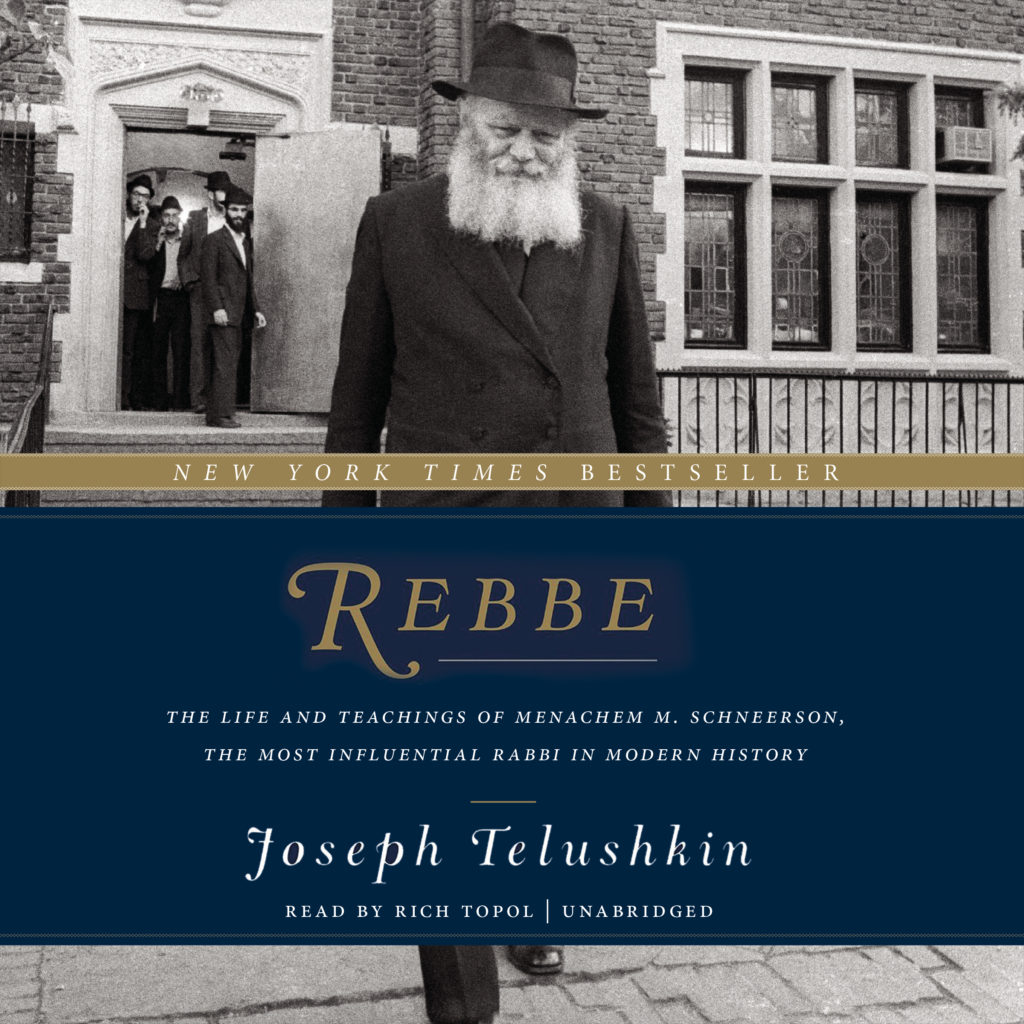July 9, (Shabbat, the third of Tammuz) this year will mark the 22nd yahrzeit (anniversary of passing) anniversary of the Rebbe, Rabbi Menachem M. Schmeerson, obm.
In the passage of time, thousands of fascinating first-hand accounts of peoples’ experiences with the Rebbe have been shared. Each with its unique twist and all characterized by the personal care and concern for the individual, as if there was no one else.
One-to-One
On Monday, June 20, the Global Education and Leadership Foundation, HarperCollins Publishers, New York University (NYU) Bronfman Center, and the United Nations Foundation partnered to host a very unique event at the prestigious New York Public Library.
The goal was to bring about a groundswell of worldwide transformative social good, “by mining the depths of human character to identify and nurture the systemic values, inspiration and motivation necessary” to encourage individuals across the globe to “do” goodness and kindness, and to implement them on a wide scale.
Giving birth to this event, the overall framework – and many of the speakers – reflected on certain guidance and inspiration from the Rebbe. Many of the people involved discovered fascinating insight and were deeply affected by learning about the Rebbe’s personal conduct, advice and directives found in Telushkin’s critically acclaimed New York Times best-selling book, “REBBE: The Life and Teachings of the Most Influential Rabbi in Modern History.” They then spread the word of their deep-felt inspiration to their friends, and so on.
It touched on very fundamental issues of personal self-worth, sense of mission, responsibility to others, education and much more. All of which is sorely lamented among global leaders today. In a society where we are bombarded with a 24/7 news stream of devastation, conflict and inequity, this event was designed to educate and inspire individuals to act for the betterment of themselves, their communities and the world.
The One-to-One Forum brought together a cross-section of very high-profile, leading humanitarian and business changemakers – breakthrough medical scientists, scholars, public servants and more – quite a few of whom were not Jewish, for 12 fast-paced hours of inspiring talks, intimate “fireside” conversations and moving artistic performances.
This was their first-ever interdisciplinary get-together to probe ethical character, and organizers intended for it to be organic and participatory, with each reflecting on what lessons or events in their lives most compelled them and their work.
Personal encounter
The Rebbe possessed tremendous insight into the human character; the Rebbe was also a visionary, foreseeing events decades ahead of his time.
Recently, JEM (Jewish Educational Media, the organization that is recording the Rebbe’s life) shared one of these episodes of an encounter with the Rebbe, as told by Dr. Mordechai Shani, global medical ethicist:
My meeting with the Rebbe took place in his office, a modest room that matched the Rebbe’s personality. It lasted about half an hour and we discussed the world of medicine.
First of all, one of the interesting things was – and this was so characteristic of the Rebbe – that he placed an emphasis on the patient’s spirit, and saw his state of mind as the source of inner strength. A person with a strong state of mind is better equipped to cope with life. Incidentally, we also discussed visiting the sick. He stressed the importance of this, not only in terms of visiting the sick, but that the visit strengthens the patient. It gives him the feeling that he is not alone.
Then we spoke about another issue, which today has become a trend in medicine: The idea of impressing upon the patient his participation in his own treatment, which only today people are beginning to talk about. The Rebbe said, “True, there are doctors, but don’t rely on the doctors to heal you. If you won’t care for your own health, if you don’t make sure to eat right, to exercise, to sleep well, you’ll harm your health.”
In the Western world today, this is called “patient empowerment.” Empower the patient; convince him that he is responsible for his own health. Thirty years ago, the Rebbe was talking about empowerment, that a person must take responsibility for his health. Now it’s a basic rule of preventive medicine and health promotion.
The third topic was about the challenges of technology as it relates to medicine. We started with the atomic bomb, which caused the deaths of so many people. We talked about the destructive power of technology. The Rebbe said, “It’s up to us as people. The world is developing. Science is developing…” I’d like to point out that in those years, technology was not a central ingredient of healthcare, it was still in the early stages. Today technology is an essential part of healthcare. The Rebbe said, “Look, it depends on the doctors, how you harness technology for the benefit of mankind.”
Here, too, he said something ahead of its time: That technology could distance the doctor from the patient. Because ultimately, the doctor’s help, the human element of the doctor’s emotional support is important. Technology is a tool, but can’t replace this. Unfortunately he was right. Today, we see many cases, where doctors become reliant on technology as the full solution, rather than using it as one tool in treatment.
The conversation was very interesting, because the Rebbe, in several matters, was ahead of his time.
On this Gimmel Tammuz let us light a candle for the Rebbe, by doing an additional mitzvah, and act kindly to another.
Rabbi Yisroel Shmotkin is the executive director of Lubavitch of Wisconsin.



